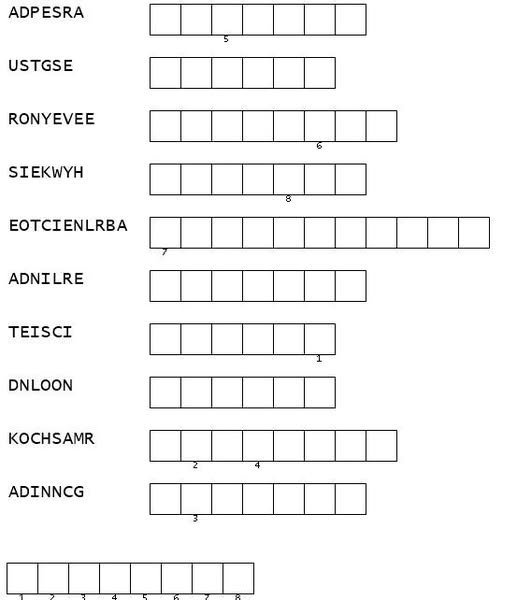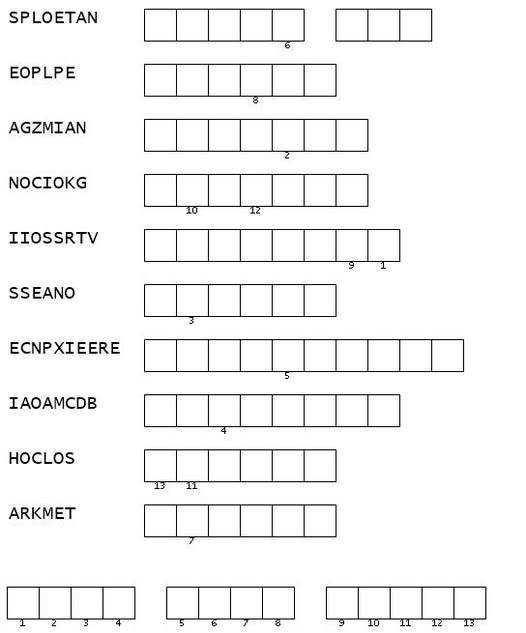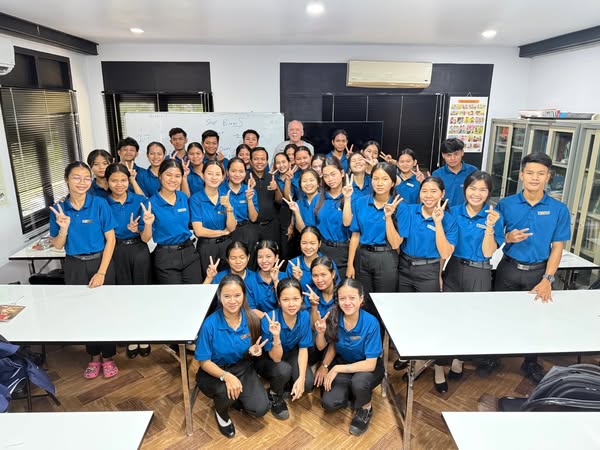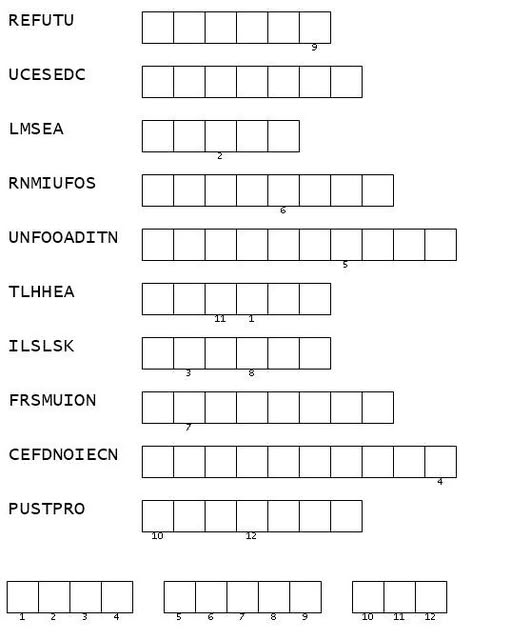celebrate Khmer New Year while sharing Cambodian traditions
You work at the front desk of a ***** hotel in Siem Reap.
You have just received an email by a future guest who requests to have some info on what to expect being in Siem Reap during the Angkor Sankranta Festival.
You can provide the following information:
Cambodia is bringing back the Angkor Sankranta Festival in Siem Reap for Khmer New Year 2025. This event will take place from April 14 to 16 under the theme „Smile to Celebrate the New Year.“
Prime Minister Hun Manet confirmed that this festival is for everyone. It is organized by a group of young people to attract more tourists and promote Cambodia’s culture. The Angkor Sankranta Festival first started in 2013 and has been held for 12 years.
This year, the festival will be more exciting, with activities at six locations, including Angkor Wat, the Royal Residence Park, Siem Reap River, King’s Road, Pub Street, and Angkor Gyeongju. Visitors can enjoy traditional Khmer games, performances, and cultural events. Some highlights include the Angkor Heartbeat Show, Khmer Chess, Traditional Martial Arts, Ox Cart Racing, and Buddha Bathing Ceremony. There will also be parades, folk dances, and a water festival.
This festival is an important way to celebrate Khmer New Year while sharing Cambodian traditions with both locals and visitors. It will bring happiness, fun, and culture to Siem Reap.
° Festival – A big party or special days with fun, music, and traditions.
- Event – A special time when people do something together.
- Celebrate – To do something fun for a happy day, like a birthday or New Year.
- Confirm – To say „yes, it will happen“ or „yes, it is true.“
- Attract – To make people come or like something.
- Promote – To tell people about something so they know and like it.
- Exciting – Very fun and interesting.
- Location – A place where something happens.
- Enjoy – To have a good time.
- Performance – A show with dancing, singing, or acting.
- Include – To have something as part of a group.
- Share – To give something to others.
#########################
Multiple Choice Questions – more than 1 answer may be correct:
- Where will the Angkor Sankranta Festival 2025 take place?
A) Phnom Penh
B) Siem Reap
C) Battambang
D) Sihanoukville - When will the festival be held?
A) March 10-12
B) April 14-16
C) May 1-3
D) April 20-22 - What is the theme of the 2025 festival?
A) „Smile to Celebrate the New Year“
B) „Khmer Culture for Everyone“
C) „Tradition and Tourism“
D) „Angkor Festival of Light“ - Who confirmed that the festival is for everyone?
A) The King of Cambodia
B) Hun Manet
C) Hun Sen
D) The Minister of Tourism - Why is the festival being organized?
A) To promote Cambodia’s culture
B) To attract more tourists
C) To celebrate Khmer New Year
D) To support local businesses - How many locations will host festival activities?
A) Four
B) Five
C) Six
D) Seven - Which of these places will have festival activities?
A) Angkor Wat
B) Royal Residence Park
C) Phnom Penh Night Market
D) Siem Reap River - Which of these activities will be part of the festival?
A) Khmer Chess
B) Traditional Martial Arts
C) Buddha Bathing Ceremony
D) Car Racing - How long has the Angkor Sankranta Festival been held?
A) 5 years
B) 10 years
C) 12 years
D) 15 years - What kind of performances will be at the festival?
- A) Folk dances
- B) Modern pop concerts
- C) Angkor Heartbeat Show
- D) Water festival activities
##############################
Correct or incorrect?
0. The Angkor Sankranta Festival 2025 will be held in Phnom Penh.
- The festival will take place from April 14 to 16.
- The theme of the festival is „Tradition and Tourism.“
- Prime Minister Hun Manet confirmed that the festival is for everyone.
- The festival is being organized to promote Cambodia’s culture and attract tourists.
- Festival activities will be held at only three locations.
- Some festival locations include Angkor Wat, Royal Residence Park, and Siem Reap River.
- The festival will feature Formula One car racing.
- Visitors can enjoy traditional Khmer games, performances, and cultural events.
- The Angkor Sankranta Festival started in 2020.
###############################
Upps, the words in the sentence are not in the correct order – find the original sentence:
° Festival Khmer New Year is for Angkor Sankranta.
- Prime Minister Manet Hun confirmed festival for everyone.
- Activities exciting this year will be more.
- Siem Reap locations festival have six activities.
- Angkor Wat and include activities Royal Park.
- Water festival will the part be of celebrations.
- Young people group festival organizing the is.
- Performances cultural will be there in the festival.
- Visitors traditional games Khmer enjoy can and performances.
- Started 2013 festival has in the Angkor.
################################
An interview on the festival, find the proper answers (at end of dialogue):
Interviewer: Can you tell us about the Angkor Sankranta Festival?
Answer:_______________________________________
Interviewer: What is the theme for this year’s festival?
Answer:_______________________________________
Interviewer: Who is organizing the festival?
Answer:_______________________________________
Interviewer: Where will the festival take place?
Answer:_______________________________________
Interviewer: What kind of activities can people expect?
Answer:_______________________________________
Interviewer: Why is this festival important?
Answer:_______________________________________
Interviewer: How long has the festival been held?
Answer:_______________________________________
a) It is a festival to celebrate Khmer New Year in Siem Reap.
b) It celebrates Khmer New Year and shares Cambodian culture.
c) It will be at six locations in Siem Reap.
d) A group of young people is organizing it.
e) The theme is „Smile to Celebrate the New Year.“
f) People can enjoy games, performances, and cultural events.
g) The festival started in 2013, and this is the 12th time.
############################################
Can you complete – test/improve your vocabulary:
The Angkor Sankranta _____________is returning to Siem Reap for Khmer New Year 2025, from April 14 to 16.
The festival is organized by young people to _____________ tourism and share Cambodian culture.
It _____________ in 2013 and has been held every year since.
This year, there will be fun _____________ at six places in Siem Reap.
People can enjoy traditional games, performances, and cultural ________________.
The festival is a way to _________________the New Year and share Cambodia’s traditions with locals and visitors.
It promises happiness, fun, and culture for _______________ .
################################
For those interested: write a short essay about why you like the festival, about 100 words.
Send your text to me via SMFrockZ(at)gmx(dot)at, I’ll have a look at it, if necessary, I’ll correct it, and send it back – improve your English.





